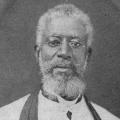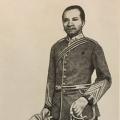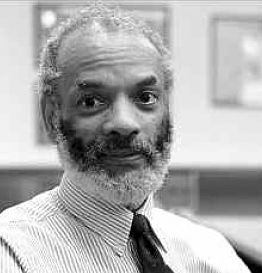54. Wilson Moses on the Roots of Black Nationalism
Posted on
Wilson Moses speaks to us about his research into early black nationalism, with reference to Crummell, Douglass, and others.
Themes:
Further Reading
• W.J. Moses, The Golden Age of Black Nationalism, 1850-1925 (1978).
• W.J. Moses (ed.), Alexander Crummell: Destiny and Race. Selected Writings, 1840-1898 (Amherst: 1992).
• W.J. Moses, Classical Black Nationalism: from the American Revolution to Marcus Garvey (New York: 1996).
• W.J. Moses, Creative Conflict in African American Thought (Cambridge: 2004).
• W.J. Moses, Alexander Crummell: A Study of Civilization and Discontent (Cary: 1989).
• W.J. Moses, Afrotopia: the Roots of African American Popular History (Cambridge: 2009).
• W.J. Moses, Thomas Jefferson: a Modern Prometheus (Cambridge: 2019).







Comments
My favorite episodes are the
My favorite episodes are the interviews (I feel like your interviewing is an underappreciated skill? It is refreshing to have an interviewer who really dives in deep like you do) I wish this one was twice as long, at least. Fascinating. I'm gonna look for some of Wilson Moses' books.
In reply to My favorite episodes are the by TB
Interviews
Thanks, glad you enjoyed this! I get the impression that some listeners prefer scripted episodes, and some prefer interviews, which is itself a reason to have the mix. (Also having both makes the series more varied.)
Add new comment